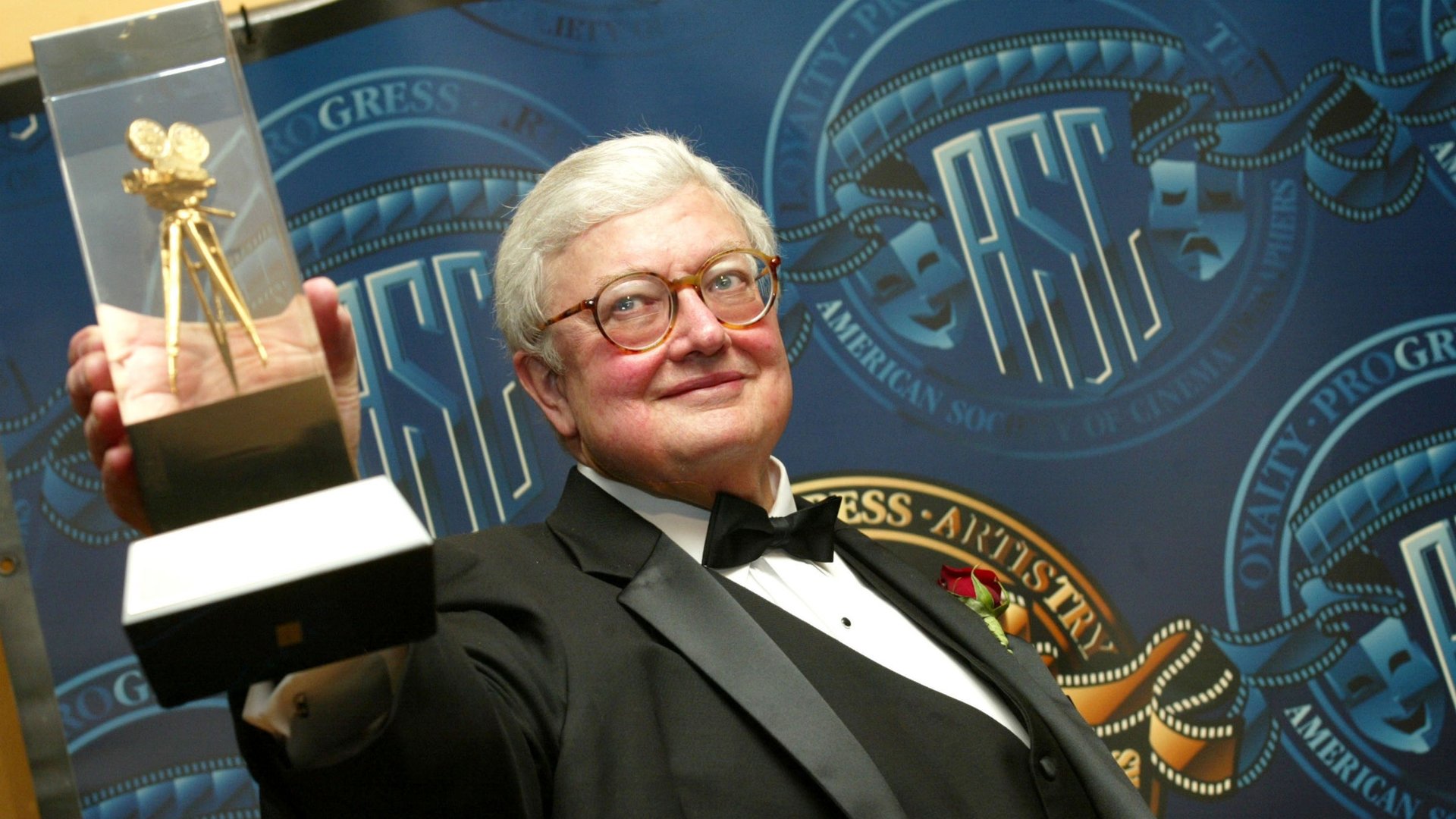Colombia’s “Emerald Czar,” “Vampyros Lesbos” auteur, Chinese censor journalists loved: This week’s notable deaths
Roger Ebert, aged 70—Pulitzer-prize-winning film critic and author who managed to earn both the respect of Hollywood’s elite and a loyal mass audience. He was best known for his method of boiling reviews down to a simple verdict of thumbs-up or thumbs-down.


Roger Ebert, aged 70—Pulitzer-prize-winning film critic and author who managed to earn both the respect of Hollywood’s elite and a loyal mass audience. He was best known for his method of boiling reviews down to a simple verdict of thumbs-up or thumbs-down.
Ruth Prawer Jhabvala, 85—Novelist and screenwriter whose life and literature danced between Indian and western cultures. Born in Germany to a Jewish family that eventually fled to Britain, she married an Indian and began writing novels after moving to Delhi. Her eighth novel Heat and Dust took the 1975 Booker Prize. Scripts for the films A Room with a View (1985) and Howard’s End (1992) won Academy Awards. She eventually left India to settle in New York and her later work often veered between India and Manhattan. ”Perhaps I’m just fickle by nature and get tired of countries the way other women do of husbands or lovers.”
Zeng Li, 61—An unusual “content examiner,” or in-house censor, at China’s liberal Southern Weekly since 2008. Zeng was brought in as part of a push from Chinese authorities to rein in the publication, which is well-known for its investigative work. He ultimately earned affection and respect from journalists by openly supporting anti-censorship efforts by reporters at the paper during a showdown in January. “I have killed some drafts that I shouldn’t have killed, I have deleted some content that I shouldn’t have deleted, but in the end I woke up, I would rather not carry out my political mission than go against my conscience, I don’t want be a sinner against history,” Zeng wrote in a well-publicized farewell letter he released before his recent retirement.
Nikos Pappas, 83—Greek admiral who in May 1973 led a mutiny against the military junta that controlled the country, ordering his destroyer to the Italian port of Fiumicino, where he sought political asylum. After the fall of Greece’s military government in 1974, Pappas served as navy chief from 1982 to 1986.
Jesús Franco, 82—Prolific Spanish director of some 199 films, many sex-and-violence-fueled horror flicks such as Attack of the Robots (1966), Succubus (1968) and Vampyros Lesbos (1971).
Tommy Tycho, 84—Hungarian-born child prodigy pianist, he survived World War II in a labor camp. When the Soviets took over, he joined a traveling band headed to Turkey and on to Iran, where his playing caught the attention of the Shah, who hired him as his personal pianist. He and his wife moved to Australia in 1951, where he became the resident musical director on Australia’s Channel Seven. He gulped coffee, smoked 80 cigarettes a day and suffered more than one heart attack. A stroke in 2008 left him paralyzed on the left side, “but he composed and played with his right hand for as long as he could.”
Victor Carranza, 77—Known as the “Emerald Czar,” Carranza was one of Colombia’s largest landowners. His fortune was founded on the emerald mines he discovered as a boy in the 1940s. Carranza was often linked to the sort of right-wing paramilitary groups Colombian authorities have blamed for some 50,000 deaths in the country’s decades-long “dirty war.” Carranza himself survived at least two assassination attempts. “I’ve been fortunate,” he would say. “The emeralds call me.”